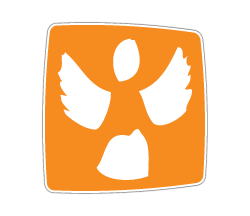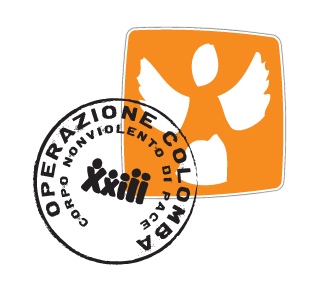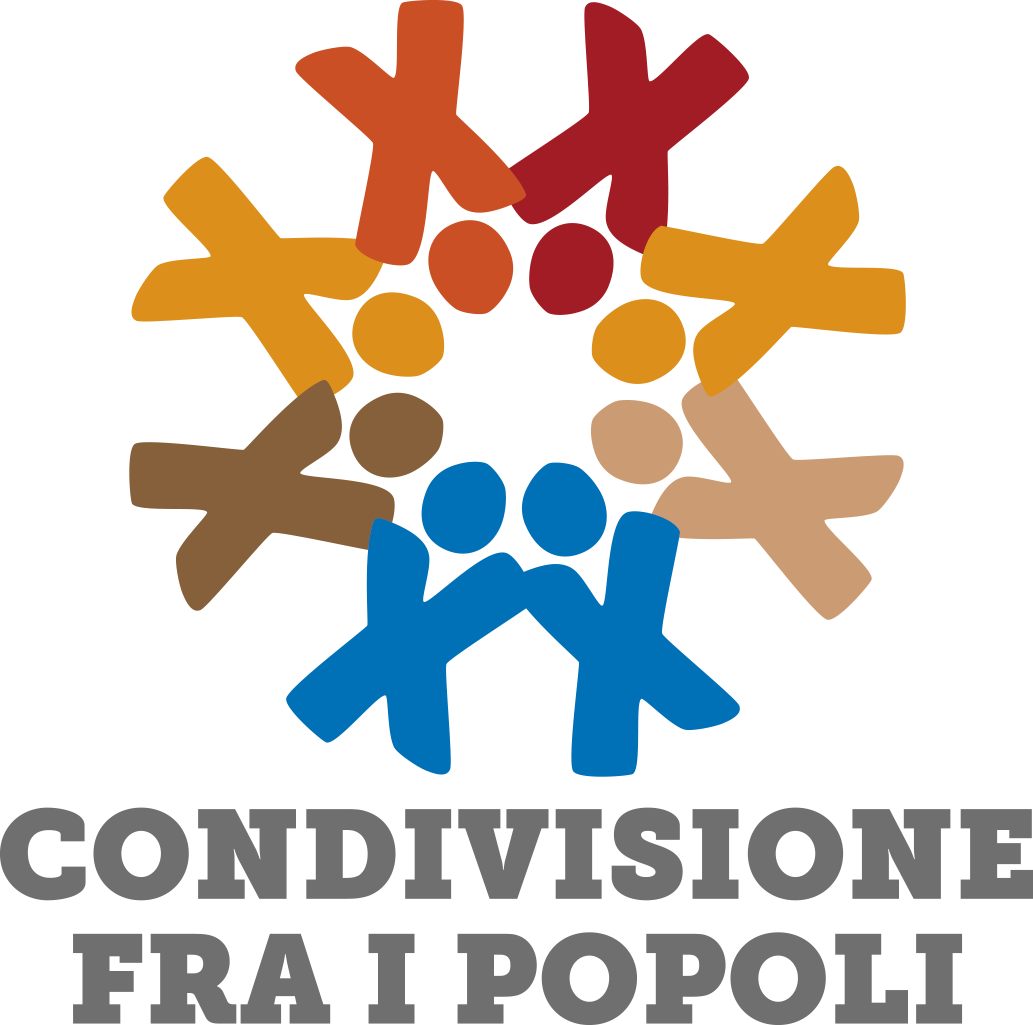The paramilitary groups came on Saturday. More specifically, they came on Saturday, 8th July 2000. They entered the village of Union, where dozens of families from the Peace Community had just come back after spending a lot of time in San José to feel safe during the conflict. They came, and were coordinated by the Brigada XVII of the army. There were twenty hooded paramilitary soldiers and they came in the afternoon, around 3 p.m.. They gathered all the people in the square of the village, shouting and asking who their leaders were. The members of the Community replied all together that there was no leader, as everyone was the leader.
So the armed soldiers chose 7 men randomly: Rigoberto Guzman, his brother Jaime Guzman, Elodino Rivera, Diofanor Diaz Correa, Humberto Sepulveda, Pedro Zapata and Eliecer Guzman, who was only fourteen, and was Rigoberto’s and Jaime’s nephew.
Everyone was scared to death, as they knew what was about to happen. The paramilitary soldiers stared at each of the seven men, who were scared, but dauntless. No one can say how scared they were, but everyone knows their courage, and this is why the Peace Community and all the volunteers that share their life with its members commemorate and celebrate their courage every year on 8th July by walking to the place where everything happened.
I can imagine the moment in which the soldiers, hooded, stared at each man’s innocent face, I can imagine the fight between the darkness of violence and the light of nonviolence, and of those heroes who had chosen to live on nonviolent principles.
At the end of the line, the last hero was Eliecer. The paramilitary soldiers were looking at each man in the line, but when it was Eliecer’s time, one of the soldiers looked at him and shook his head and ordered Eliecer to leave. Eliecer started to run, but he had barely reached the gate of the village, a few metres away from the line of the men, when he heard the shots killing his comrades. People who witnessed that day can still feel the screams and pain of it, which has left an indelible mark on Eliecer’s soul. In fact, after this episode Eliecer did not step back from his role as leader of the Peace Community, and for years he has been a member of the Internal Council of his Community. He still lives in the Union village, in a place dedicated to his uncle Rigoberto. Eliecer is one of the few in this Community who has no nickname. Maybe it is because you can’t call him anything but Eliecer. A tall, strong, quiet man...a threatened man. And this is because, today as in 2000, the Union is still threatened by the paramilitary forces. He is threatened because his mildness is stronger than the arrogance of those who are threatening him, and his modesty is braver than a man with a gun. Each year, on 8th July, he tells the story of what happened that day as a prayer. Commemoration is fundamental for the Peace Community, and Eliecer each year goes back to that Saturday, remembering each moment of that day. He remembers that the soldiers ordered the six men who were about to be shot to kneel down. No one did it. They would never kneel in front of violence, or in front of an armed group. Neither Eliecer did it. And maybe he still feels the burden of his steps as he was running towards the gate, a sort of life debt which made him stay in the Peace Community to lead it instead of going away. He has also guided himself through a path of growth in nobility, coherence, peace and courage, features of those who chose justice rather than earthly life.
However, this year on 8th July something heartbreaking happened. As the Community had gathered in the Union around the monuments dedicated to the six victims of that day, some young men, among whom a former paramilitary soldier, turned up the volume of a song celebrating illegal armed groups. Those people were scornful, and they kept drinking and laughing at the members of the Community. The music was too loud for Eliecer’s words to be heard, but the members of the Community stepped closer to Eliecer in order to protect his memories and his pain. His sister Mery hugged him. But I think I saw Eliecer crying in front of the Community for the first time in my life. He could not finish his story. How much nonviolence must he carry in his blood, if he was not altered by those people, who were insulting his pain and his most delicate memories? A lot of us were crying, with a lump in our throat. I got close to him. He was sitting there, alone, on a stone, trying to hold back tears, to prevent those men from touching his soul again. I put my hand on his shoulder and I told him: “We love you, Eliecer, and we really appreciate who you are, and the courage you have shown in front of these people”. He looked at me and replied: “It’s very difficult to speak here, in this place, in front of the same men who killed our 6 comrades...but we are still standing”.


 OPERAZIONE COLOMBA
OPERAZIONE COLOMBA
